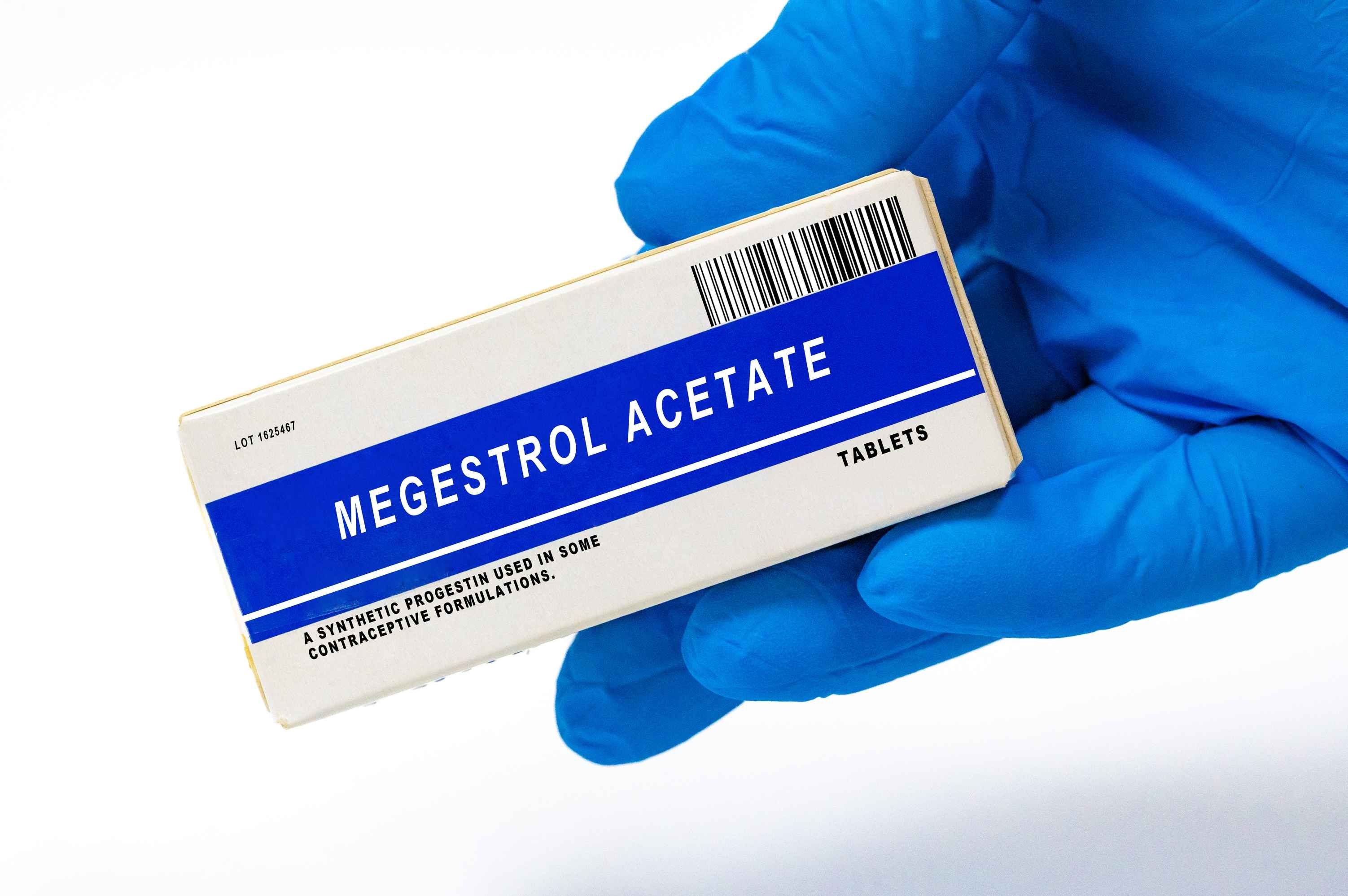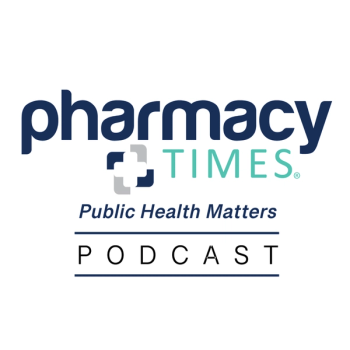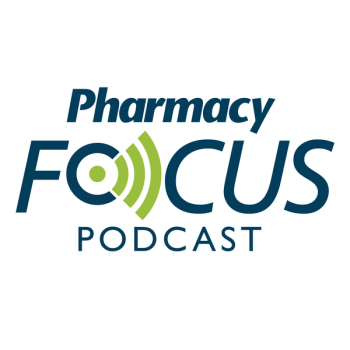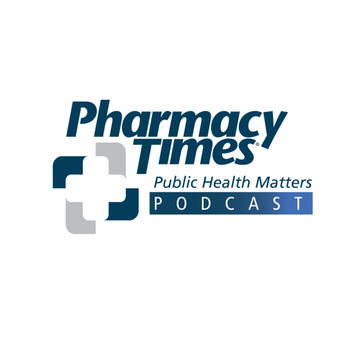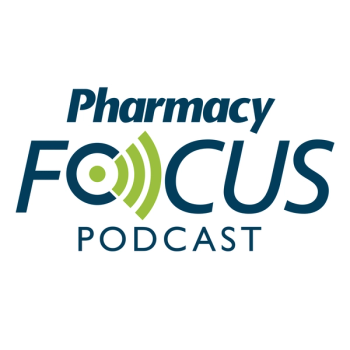
Women's Health
Latest News
Latest Videos

Shorts


Podcasts
CME Content
More News

Continuous glucose monitoring (CGM) significantly reduces the risk of high birth weight in babies born to mothers with gestational diabetes.

COVID-19 vaccination significantly lowers severe illness and preterm birth risks for pregnant individuals.

Pharmacists can educate patients about FluMist for at-home administration and opioid labeling changes.

The FDA-approved flibanserin represents the first and only once-daily oral pill for postmenopausal women with hypoactive sexual desire disorder.

The American Cancer Society updates cervical cancer screening guidelines, introducing self-collection options and new exit criteria to enhance accessibility and compliance.

GLP-1 receptor agonists expand treatment options for diabetes, weight loss, and more, showing promise in heart failure, kidney disease, and neuroprotection.
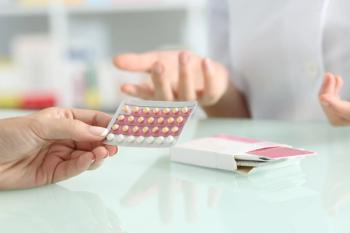
New studies reveal a modest, temporary increase in breast cancer risk linked to hormonal contraceptives, emphasizing the need for informed patient counseling.
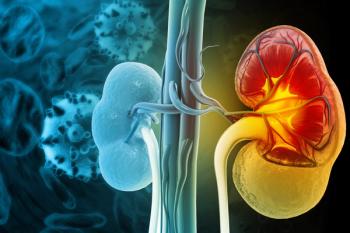
Particularly, younger women with chronic kidney disease (CKD) experienced the greatest survival disadvantage.

Pharmacists Can Educate Patients About Symptoms of Menopause, Associated Chronic Conditions, and Management Options

Natural strategies and OTC options can help manage menopause symptoms, from hot flashes to mood changes, for a smoother transition.

Elinzanetant Showed Smaller Reductions in Bone Mineral Density Than Placebo

The Annual Meeting Highlighted Emerging Research on Hormone Therapy, Brain and Heart Health, Disparities in Menopause Care, and the Expanding Role of Pharmacists

FDA Approval Introduces a First-in-Class Neurokinin Receptor Agonist Shown to Reduce Vasomotor Symptom Frequency and Improve Sleep Quality in Postmenopausal Women
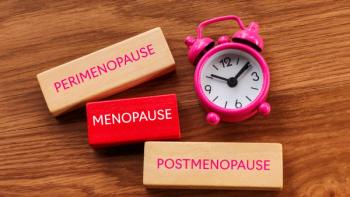
How can a natural biological evolution with so many consequences get relatively little attention from research and practice?

Hypertensive disorders of pregnancy confer increased cardiovascular risk, with heightened risk corresponding to more severe hypertension.
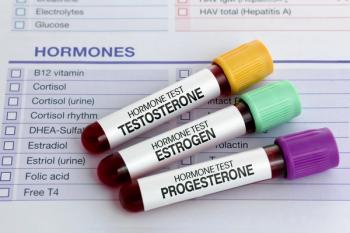
The FDA lifts the black box warning on hormone replacement therapy, empowering women with new options for managing menopause symptoms.

Maternal COVID-19 infection raises concerns about neurodevelopmental disorders in children, emphasizing the need for effective fever and infection management during pregnancy.
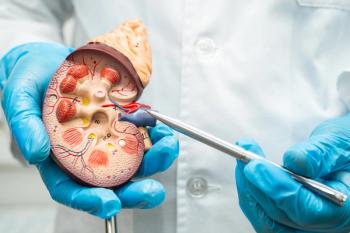
Research highlights significant barriers to contraceptive use and reproductive health management for women with chronic kidney disease (CKD), urging improved nephrology care.

Earlier Menopause, Reduced Cardiac Function Potentially Linked With Negative Impacts on Brain Health
Research highlights the link between earlier menopause, cardiac function, and brain health, emphasizing the need for sex-specific dementia risk strategies.

Research highlights the impact of provider type on menopause treatment, revealing a need for standardized education to improve care quality for women.

Elinzanetant, the first FDA-approved nonhormonal treatment for menopause-related vasomotor symptoms, offers women a new, effective relief option.

The authors wrote that their findings show a necessary update following early data from the Women’s Health Initiative.

Further research is needed to better understand which characteristics may better predict who are more likely to benefit from estrogen-based menopausal hormonal therapy (MHT) for anxiety.

New clinical trial results suggest G-CSF as a promising alternative for managing hot flashes in menopausal women, without the risks of traditional therapies.

Research highlights the impact of sleep disturbances and vasomotor symptoms (VMS) on HRQoL in women transitioning to menopausal period, emphasizing the need for effective management.



